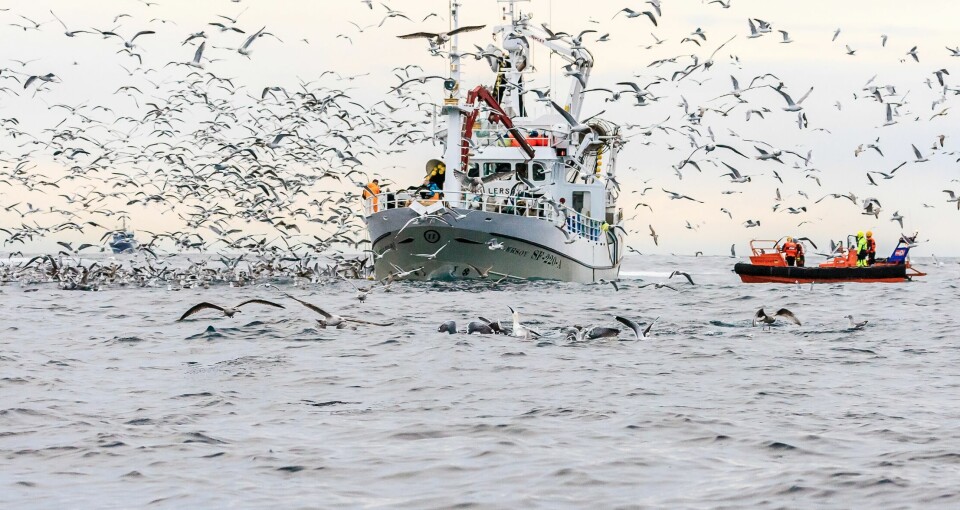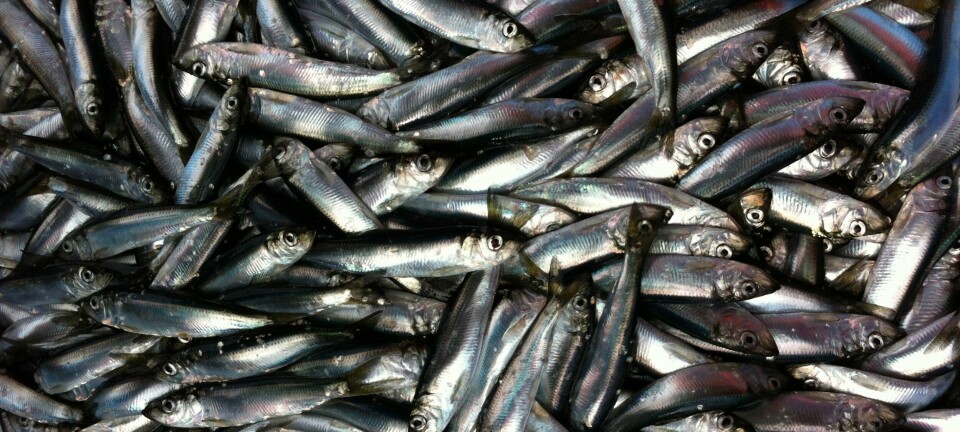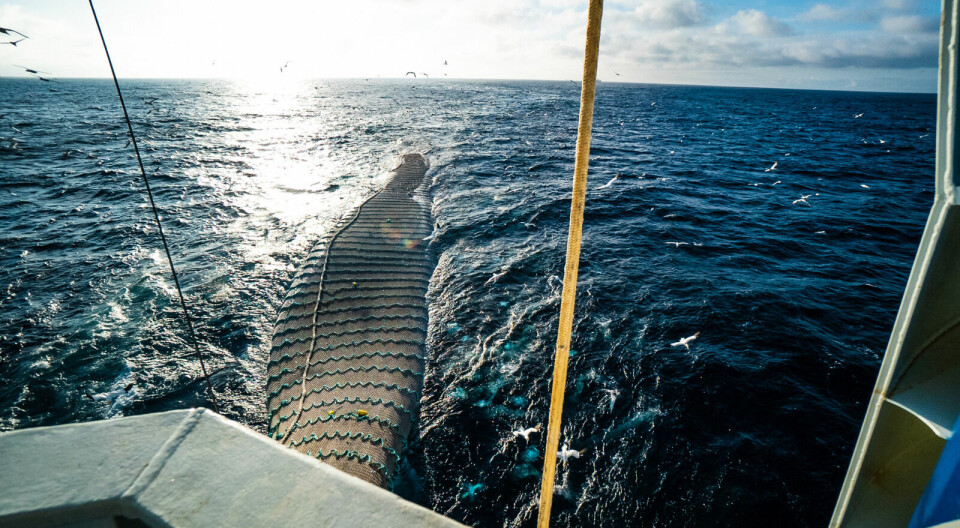
Fish farmers and feed producers frustrated by quota talks delay
Failure of governments to reach agreement 'is putting North Atlantic fish stocks under threat'
A group representing salmon farmers, aquafeed producers, seafood companies, and major retailers using or selling fish caught in the Northeast Atlantic has criticised countries with fishing rights in the region for delaying talks on catch quotas.
Delegations of the Northeast Atlantic Coastal States – the European Union, Iceland, the Faroe Islands, Greenland, Norway, and the United Kingdom – have agreed how much mackerel, Atlanto-Scandian herring, and blue whiting can be fished in 2024.
In recent years, the states failed to agree on the total allowable catch (TAC) and ignored advice from the International Council for the Exploration of the Sea (ICES), leading to suspension of Marine Stewardship Council (MSC) certification for the fisheries.
The states (excluding Russia) have now agreed that the TAC for all three stocks in 2024 will be set in line with the most recent ICES advice.
Who gets what?
But the states have not yet decided how these final quotas will be shared amongst them, and that has dismayed the North Atlantic Pelagic Advocacy Group (NAPA), whose 70-plus members include salmon farmers Mowi and Scottish Sea Farms, retailers Asda, Marks & Spencer, Tesco, Waitrose, Morrisons, Aldi, and the Co-op, and feed producers Cargill, BioMar, Skretting, and Northeast Nutrition, owned by salmon farmer Cooke Aquaculture.
Talks will take place in the new year, but NAPA says this is too late as the fishing seasons for the stocks will already have commenced, leaving the fate of the fragile species at risk.

“The quota sharing conundrum is a constant thorn in the side,” said NAPA project lead, Neil Auchterlonie.
“Setting the TACs for all three stocks in line with ICES advice in 2024 is undoubtedly a positive move – it represents progress in meeting key objectives of NAPA’s trailblazing, policy-based Fishery Improvement Projects (FIPs) as it is a step towards ensuring that robust harvest strategies are adopted and implemented. Setting TACs in line with scientific advice is a cornerstone of this approach. However, we have been here many times before. Agreements at this stage are no guarantee that the Coastal States will stick to sustainable catch limits when it comes down to it.”
Whiting
Feed producer Skretting Norway has previously said that if there is no sustainable deal it will continue its stand to not source fishmeal containing uncertified blue whiting, and BioMar, which supplies Scottish Sea Farms, has warned it will stop purchasing material.
Asda and Young’s Seafood have warned that they will also cease sourcing from the zone’s fisheries.
Today, NAPA reiterated that its members were losing patience with the Coastal States.
Getting restless
“Top seafood businesses are getting restless in the absence of a resolution – the market will act if governments do not. NAPA partners have already committed to review, modify, or even stop sourcing if an agreement cannot be struck,” it said in a press release.
“The continued failure of Coastal States to adhere to sustainable quota levels and the subsequent suspension of MSC certification from these fisheries has significantly reduced the availability of sustainable seafood to consumers.”
NAPA co-founder Mike Mitchell said the quota talks in January would be critical.
“The countries involved must work collaboratively to ensure the sum of quota shares stays within the bounds of ICES advice,” said Mitchell. “Failure to do so could jeopardise the long-term sustainability and even the survival of these stocks, the wider marine ecosystem, and the business interests of NAPA partners. The hard work starts now.”

























































